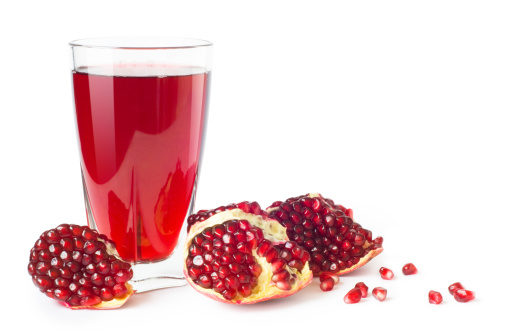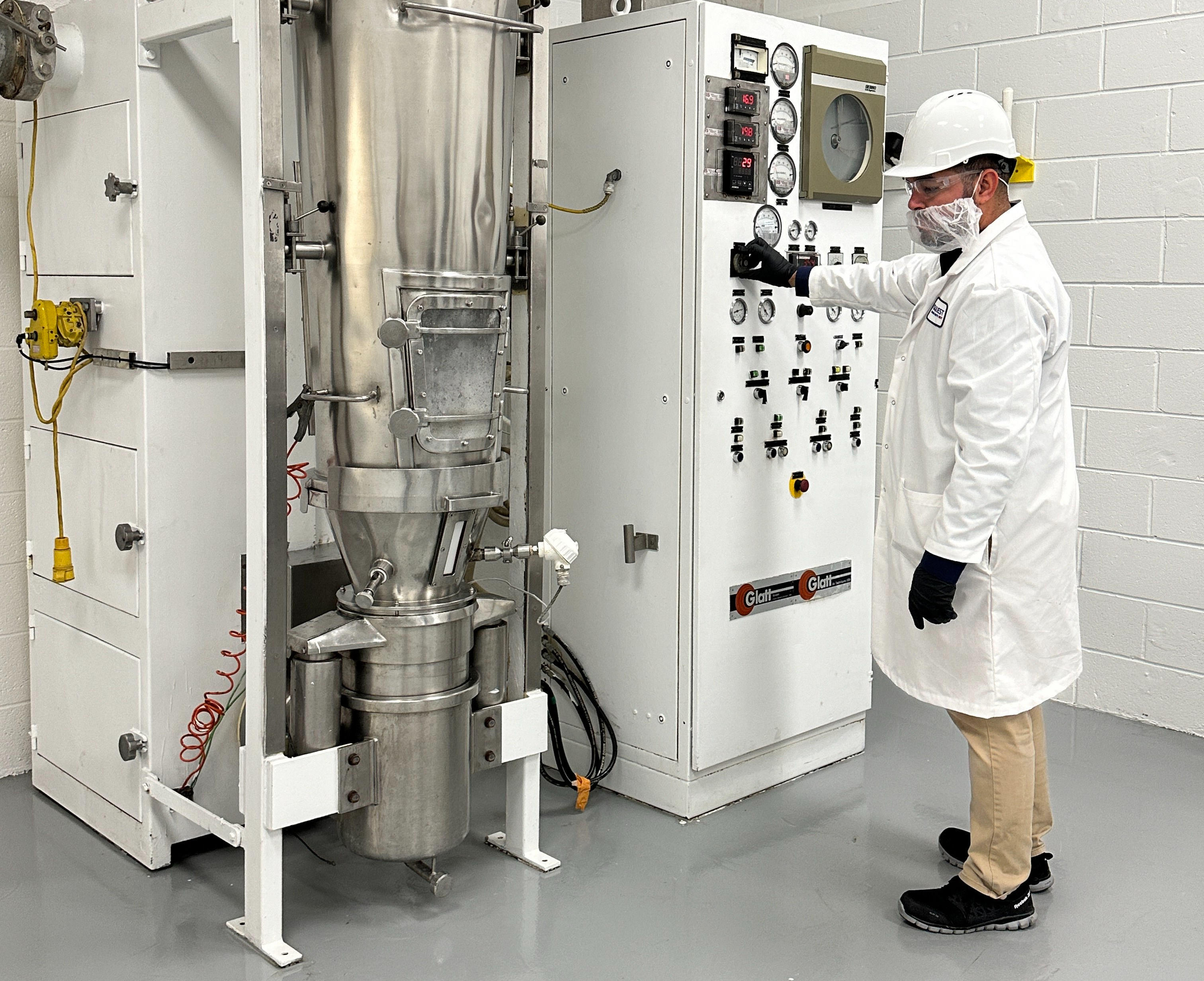Los Angeles, CA—Resolving a case dating back to 2010, a federal administrative judge has ruled that POM Wonderful, maker of pomegranate juice drinks, used some deceptive practices in advertisements placed in national print media. Specifically, advertisements claiming that the company’s juice products could treat, prevent or reduce the risk of heart disease, prostate cancer and erectile dysfunction were deemed illegal under Federal Trade Commission (FTC) regulations.
Chief Administrative Law Judge Michael Chappell upheld portions of the original complaint filed in September 2010 by FTC against POM and Roll International Corp., the parent company. That complaint cited various problems with the science which POM connected to each of these claims, from allegedly faulty studies to outright lack of evidence. The effect of this ruling is a halt order on POM’s use of benefit and efficacy claims in its advertising that might be construed as misleading.
Judge Chappell did, however, stipulate that POM or any other company need only provide “competent reliable scientific evidence” to make such claims in the immdediate future, and not the more difficult to come by, double-blind, controlled medical trials that FTC claims it would like to see, and which are usually found in the realm of pharmaceuticals. The company received this aspect of the ruling in a positive light, with Chief Legal Officer Craig Cooper saying in a statement, “We consider this not only to be a huge win for us, but for the natural food products industry.”
The 355-page ruling is complicated and leaves room for interpretation as to the level of substantiation required for health claims on natural products. Several legal outcomes are still possible should both parties pursue them, including FTC overturning the ruling of the administrative judge, and POM Wonderful appealing to federal court. The cease and desist order would have gone into effect within 30 days of the ruling if there was no appeal, but the company has since announced it will appeal aspects of the decision. It is also forging ahead with a high-profile advertising push in national outlets, to reassert to consumers their perspective about those health benefit claims for pomegranate that are based upon “competent reliable scientific evidence”.
Published in WholeFoods Magazine, July 2012 (online 5/23/12)










